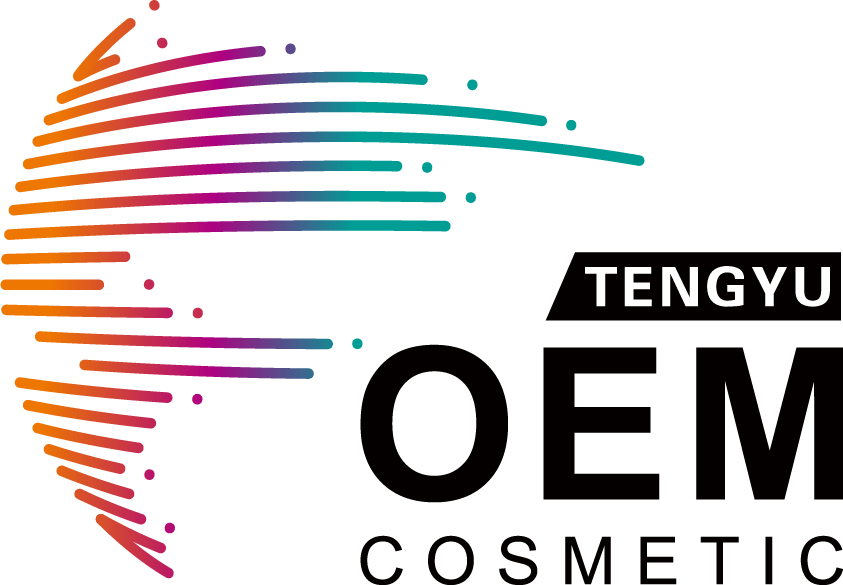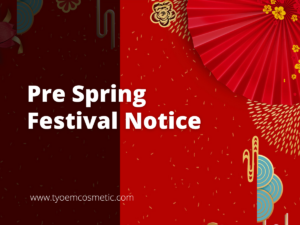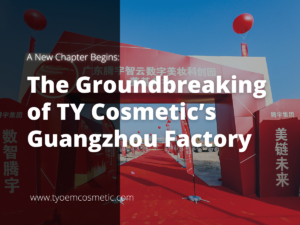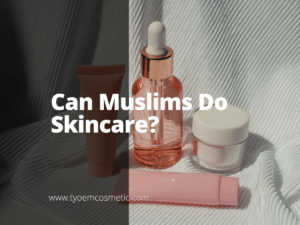Are you maximizing the potential of halal skincare in your product line? The global demand for halal skincare is thriving, opening new opportunities for businesses catering to a sensitive audience.
As an expert in cosmetic and skincare formulations, with a keen eye on halal compliance and market trends, I bring you insights grounded in industry experience and consumer behavior analysis.
Halal skincare goes beyond religious compliance; it embodies purity, ethics, and wellness, resonating with a broad consumer base seeking transparency and quality in their skincare routines.
In this guide, we’ll explore the role of natural ingredients, marketing strategies for reaching your target audience, and upcoming trends shaping the future of the halal skincare industry.
Read on and let’s discover it together!
1. Understanding Halal Skincare
Halal skincare refers to products that meet Islamic law standards. This means every ingredient is permissible to use according to Islamic guidelines, and there’s a guarantee of no cross-contamination with prohibited substances. These products align with values of cleanliness and purity, making them appealing to Muslim consumers and anyone interested in ethical skincare options.
The concept extends beyond the ingredients list, it also touches on ethical manufacturing practices, including animal welfare and environmental considerations. For a skincare product to be halal, it must also be cruelty-free and ethically sourced. Amazing, isn’t it? This comprehensive approach certifies the products are kind to the skin and also to the planet.
2. Benefits of Using Halal Skincare
Building on our understanding of halal skincare, it’s clear that these products offer more than just compliance with religious standards. Here are the key benefits your customers can enjoy:
Enhanced Hydration
Halal skincare products often harness the power of natural hydrating agents like aloe vera and hyaluronic acid, free from alcohol and other drying substances. This certifies that the skin receives deep hydration without the risk of stripping away natural oils. Customers will notice an improvement in their skin’s elasticity, leading to a more youthful and vibrant complexion over time.
Anti-Inflammatory Properties
With a focus on pure and natural ingredients, many halal skincare products contain botanical extracts known for their anti-inflammatory benefits. Here’s the interesting part, these ingredients help to soothe irritated skin and promote the healing of acne scars. Customers struggling with sensitive skin can find significant relief, making these halal products a valuable addition to their skincare routine.
Antioxidant-Rich Formulas
Halal skincare often incorporates ingredients high in antioxidants, such as vitamins C and E, which protect the skin from environmental stressors and premature aging. They’re like superheroes for the skin, fighting off those pesky free radicals and keeping those fine lines and sunspots at bay. Customers will appreciate the protective barrier these products provide, leading to healthier, more resilient skin.

3. Key Ingredients in Halal Skincare
Following the exploration of benefits, it’s crucial to delve into what makes halal skincare stand out with its key ingredients. Below are some of the foundational components:
Aloe Vera
Aloe vera is a staple in halal skincare due to its soothing and healing properties. This ingredient helps to hydrate the skin, reduce inflammation, and speed up the healing process of wounds or sunburns. Its gentle nature makes it perfect for all skin types, providing a calming effect without the use of harmful chemicals.
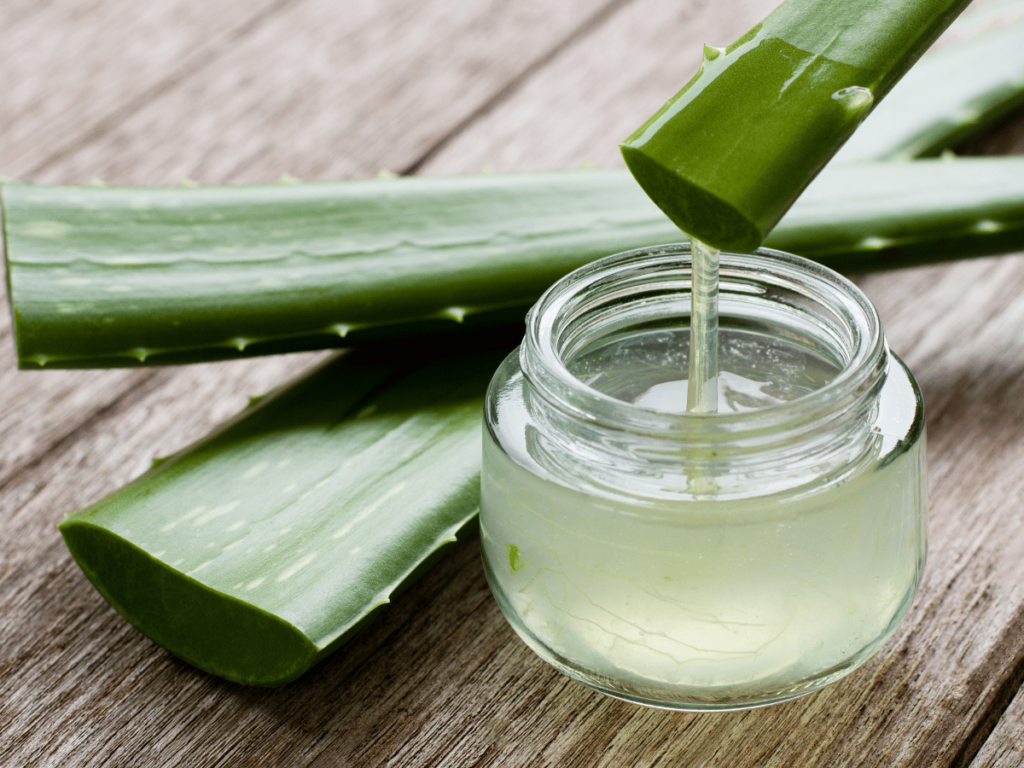
Argan Oil
Argan oil, often called ‘liquid gold,’ is prized in halal skincare for its rich nutrient profile. It’s packed with vitamin E, antioxidants, and essential fatty acids, which work together to nourish, moisturize, and protect the skin. It’s all about giving your customer’s skin a big drink of hydration, smoothing out those little lines, and just making their skin feel pampered and protected.

Honey
Honey is another key ingredient in halal skincare products, celebrated for its antimicrobial and hydrating benefits. It naturally attracts and retains moisture, helping to keep the skin hydrated and plump. Additionally, honey’s antioxidant properties aid in protecting the skin from environmental damage and support its ability to rejuvenate and repair.
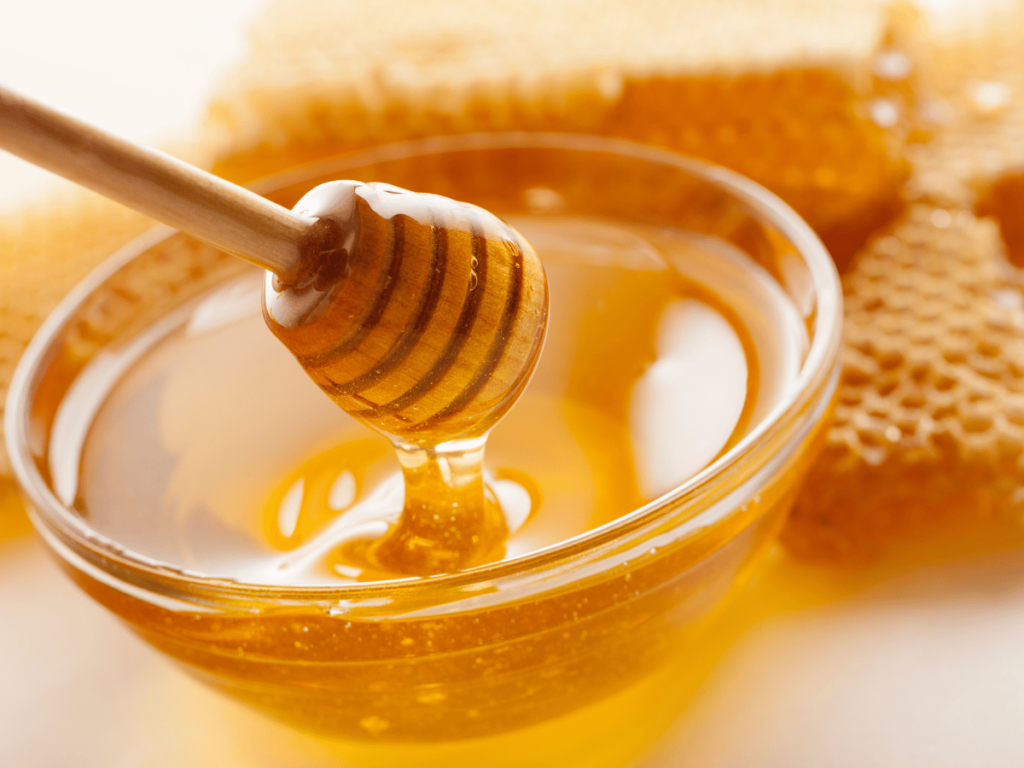
Green Tea
Green tea is included in halal skincare formulations for its powerful antioxidant properties. These antioxidants help to fight against free radicals, reducing the signs of aging and protecting the skin from damage. Here’s the bottom line, green tea also has anti-inflammatory properties, making it beneficial for calming irritated skin and reducing redness.

4. The Halal Certification Process in Skincare
With an understanding of key ingredients in halal skincare, let’s examine the steps brands must take to obtain halal certification. Here are the critical stages:
Step#1 Application Submission
The first step is submitting an application to a halal certification body. This involves providing detailed information about the company, the products for certification, and the ingredients used. The application must outline the manufacturing processes and prove compliance with halal standards.
Step#2 Documentation Review
Once the application is submitted, the certification body reviews all documentation related to the products. This includes ingredient sources, product formulations, and manufacturing procedures. Now, this is important, the goal is to certify that everything aligns with halal guidelines before proceeding to the next step.
Step#3 Facility Inspection
A physical inspection of the manufacturing facility follows the documentation review. Some examples that inspectors check during the visit are for cross-contamination risks, cleanliness standards, and overall adherence to halal practices. This step is crucial to verify that the production environment meets strict requirements.
Step#4 Product Testing
In some cases, product testing in a lab may be necessary to confirm that the skincare products are free from forbidden substances. For example, this could include testing for alcohol content, animal-derived ingredients not compliant with halal, or other contaminants. Product testing provides an additional layer of assurance about the product’s halal status.
Step#5 Certification Issuance
After successfully passing the inspection and any required testing, the halal certification body issues a certificate for the skincare products. This certificate validates that the products meet all halal requirements and are safe for Muslim consumers to use. And, just to keep things fresh and compliant, this certification gets a renewal every year.

5. Guide on How to Identify Halal Skincare Products
Following the explanation of the halal certification process, it’s important for businesses to learn how to recognize halal skincare products that they can add to their offerings. Here are practical tips:
Check Certification
When selecting products, check the packaging for halal certification marks. These marks are granted by recognized halal authorities, such as Majelis Ulama Indonesia, ensuring that the products comply with stringent halal standards. A certification mark on a product means it has been rigorously inspected and follows established halal guidelines.
Ingredient List
Familiarize yourself with common non-halal ingredients such as alcohol and gelatin derived from non-halal sources. Halal skincare products avoid these components, opting instead for plant-based or synthetic alternatives that comply with halal standards. A quick peek at the ingredient list on the product label can help you avoid products containing questionable ingredients.
Manufacturer Reputation
Research manufacturers that specialize in or are known for their halal skincare lines. Many brands are transparent about their halal certification status and ethical practices. Trustworthy manufacturers like TY Cosmetic provide detailed information about their products and halal certification on their websites or through customer service.
Online Resources
Utilize online platforms and resources dedicated to halal beauty and skincare. There are numerous blogs, forums, and social media groups where experts share their experiences and recommendations for halal skincare products. Here’s why that’s important, these communities can be a valuable resource for discovering new products and learning about the experiences of others.
6. Challenges in the Halal Skincare Industry
Following our discussion on how to identify halal skincare products, it’s crucial to understand the difficulties that this industry faces. Below are the most common challenges it encountered:
Certification Costs
Obtaining halal certification can be expensive, particularly for small and medium-sized enterprises. As per the Meiyume, halal certification can cost up to $2,000 depending on the number of units inspected. The process involves fees for application, inspection, and ongoing compliance checks. It’s a large sum that makes you think twice but remember, it’s all about ensuring top-notch quality and compliance.
Ingredient Sourcing
Sourcing ingredients that comply with halal standards is another significant challenge. The need to certify that every component adheres to halal principles can complicate the production process. There’s just one problem, this often requires extensive research and verification, potentially increasing costs and production times.
Here’s a table outlining the challenges and considerations of sourcing halal-compliant ingredients in product manufacturing:
| Aspect | Description | Impact |
| Halal Compliance | Ensuring that all ingredients meet strict halal standards. | Adherence is mandatory for market approval in Muslim-majority regions. |
| Ingredient Verification | Each ingredient must be verified for its halal status, including how it was processed. | Requires thorough documentation and potential third-party verification. |
| Research and Development | Extensive research to find suitable halal-compliant substitutes for standard ingredients. | Can lengthen product development cycles and increase costs. |
| Supply Chain Management | Managing a supply chain that consistently provides halal-certified ingredients. | Ensures continuity in halal compliance but may limit supplier options. |
| Cost Implications | Higher costs associated with sourcing certified halal ingredients and maintaining certification. | Potentially higher production costs, which may affect pricing strategies. |
| Market Expansion | Access to Muslim markets that require halal certification for consumable products. | Opens up new markets and customer bases, enhancing growth potential. |
Market Misconceptions
Misconceptions about halal skincare products can hinder market acceptance and growth. Some consumers may mistakenly believe that halal products are exclusively for Muslim users, which narrows the potential customer base. Additionally, there are misconceptions regarding the quality of halal skincare products compared to their non-halal counterparts, which can deter potential customers from exploring these options.
7. 4 Tips for Choosing the Right Halal Skincare Products
Despite the challenges faced by the halal skincare industry, businesses can negotiate these challenges with careful product selection. Here are the tips for selecting the best halal skincare products for your business:
#1 Manufacturer’s Certification
Make sure the manufacturer has valid halal certification from a reputable body. This certification confirms the entire production process, from ingredient sourcing to packaging, complies with halal standards. Manufacturers like TY Cosmetic exemplify this with their strict adherence to halal certification standards, ensuring peace of mind for their partners.
#2 Chemical-Free Formulation
Opt for products that boast chemical-free formulations. Here’s the big secret, halal skincare should not only comply with Islamic law but also prioritize the health and safety of the user. Formulations free from harmful chemicals and unnecessary additives are more appealing to health-conscious consumers, aligning with the purity aspect of halal.
#3 Performance Testing
Look for evidence of performance testing on these skincare products. It’s important that, besides being halal, the products are effective and deliver on their skincare promises. Performance testing, including clinical trials and consumer feedback, can offer assurances of the product’s quality and efficacy.
#4 Clean Certification
A “clean” certification, indicating a product is free from toxic ingredients and environmentally harmful practices, complements halal certification well. This dual focus on ethical and clean manufacturing also caters to a broader audience interested in sustainable and safe skincare products. Prioritizing products with both halal and clean certifications can enhance your brand’s reputation for quality and ethics.
Dive Deeper Into Our Resources
Looking for more diverse service options? Browse through our handpicked selections:
For some insightful reads, we’ve curated a list of recommended articles just for you:
Halal Skincare Guides and Insights
- Understanding Halal Certified Skincare Products
- The Ultimate Guide to Halal Snail-Based Skincare
- A Guide to Halal Herbal Skincare
- The Complete Guide to Bio Essence in the Halal Beauty Market
- Can Muslims Do Skincare?
Halal Skincare Manufacturing and Practical Tips
- Top 7 Halal Skincare Manufacturers for Your Business
- 9 Best Halal ODM Cosmetics
- Top 9 Halal OEM Cosmetics
- 7 Muslim Skincare Tips
Still haven’t found what you’re looking for? Don’t hesitate to contact us. We’re available around the clock to assist you.
Conclusion
Exploring the world of halal skincare reveals wide options that align with ethical, religious, and health-conscious values. TY Cosmetic offers an impressive range of halal skincare products designed to meet the highest standards of purity and efficacy. Our commitment to ethical manufacturing and customer satisfaction makes us a top choice for businesses looking to expand into the halal skincare market.
This guide aims to equip you with the knowledge to negotiate the halal skincare industry confidently. By understanding the benefits of halal skincare, you’re better prepared to make informed choices for your brand. For more information on how we can elevate your halal skincare offerings, feel free to contact us.
